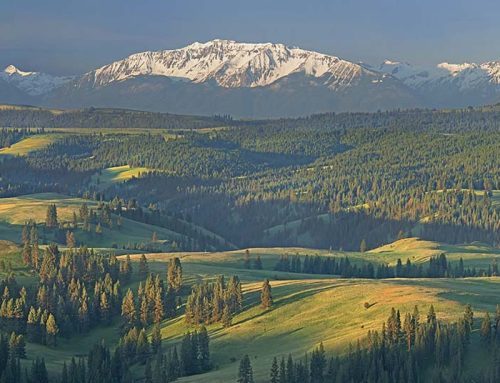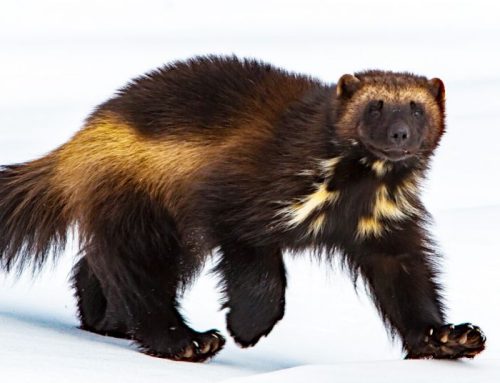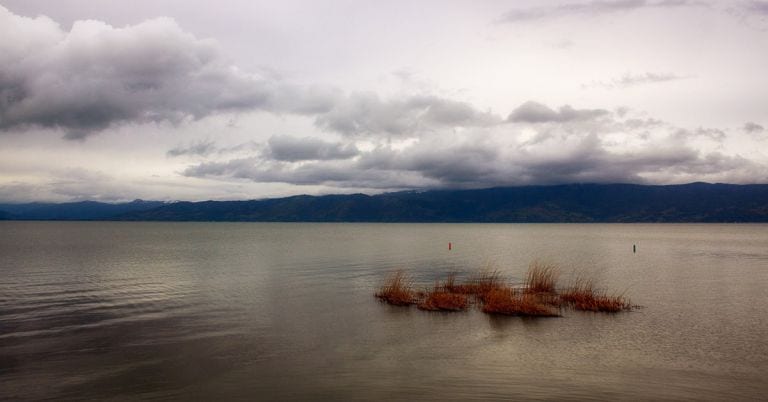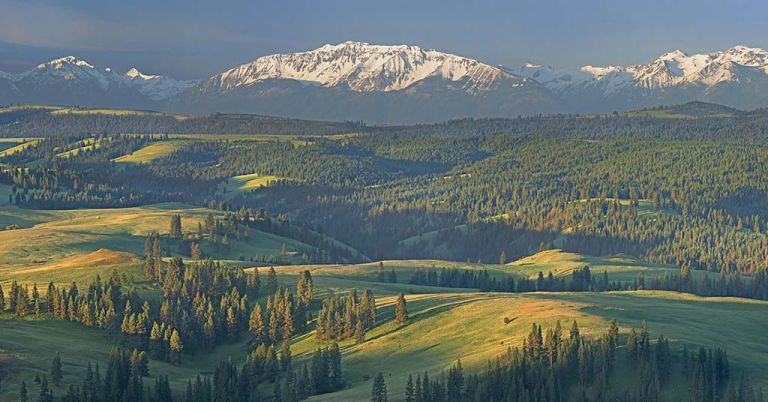A couple of weeks ago I heard a talk that reminded me of that saying: a little learning is a dangerous thing.
The speaker came to talk about his eco-friendly landscape. He and his family were fairly new to the Gorge and all its quirky environments. They settled in the dry land of eastern Wasco County. He noticed immediately that, though there were quail all around, none of these birds (which he loves) came on to their land.
He decided it was because the site lacked cover. He wanted bushes for them and wanted it fast. And so he planted Himalayan blackberries—telling the audience that was okay, because on west facing slopes they wouldn’t spread far. Oh, the optimism.
He missed the fact birds, bears and coyotes disperse berry seeds over an extensive area. They defecate the seeds; bury seeds; seeds stick to feathers and fur.
The aroma of ripe Himalayan blackberries on a summer day is dreamy and the berries taste like sweet sunshine. If only the plant didn’t take over—growing into massive thickets. It invades riparian areas, forest edges, oak woodlands, meadows, roadsides, clear-cuts and any open forest types—hence it is an invasive species in the Pacific Northwest.
Native plants that need sun can’t compete—low growing vegetation and the seedlings of Douglas fir and Oregon white oak. Blackberry thickets limit animals’ access to forage and water. They are shallow rooted. When they cover the banks of streams and rivers, the area can become unstable. Inversely, native shrubs and trees have deep, bank-stabilizing roots. While some animals eat the Blackberry they are a poor replacement for a diverse native plant community.
Economically they impact orchards. Himalayan blackberries are a huge host for the Spotted wing Drosophila, according to Steve Castagnoli, tree fruit specialist at the Hood River OSU Experiment Station. The fly is a pest on cherries and blueberries.
We hope the well-meaning man will reconsider. Remove the Himalayan blackberries. Plant native plants.












Not to mention how much litter gets traped in berries bushes. Driving up I-5 into Washington state seems like the showplace of roadside trash and throny green plants. My husbnd is the gardener and I know little about it but even I can tell that blackberries are not a good choice!
Great editorial piece. So often we hear of people that think they are doing the right thing without really thinking through the full ramifications. This is likely how Scotch Broom and English Ivy got introduced in America.